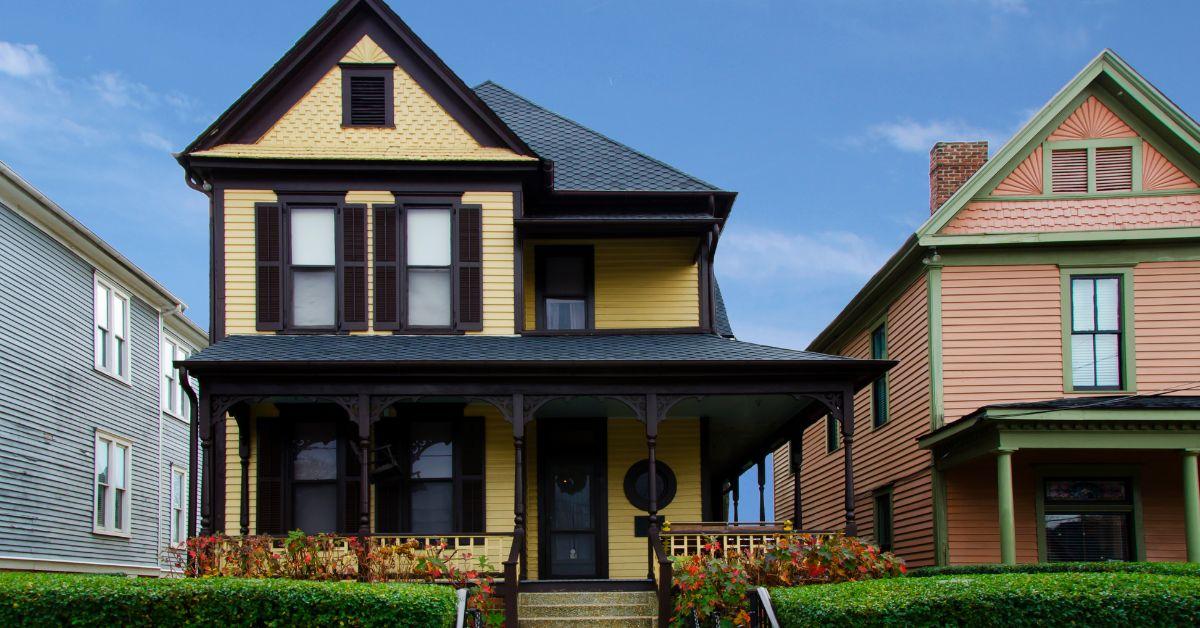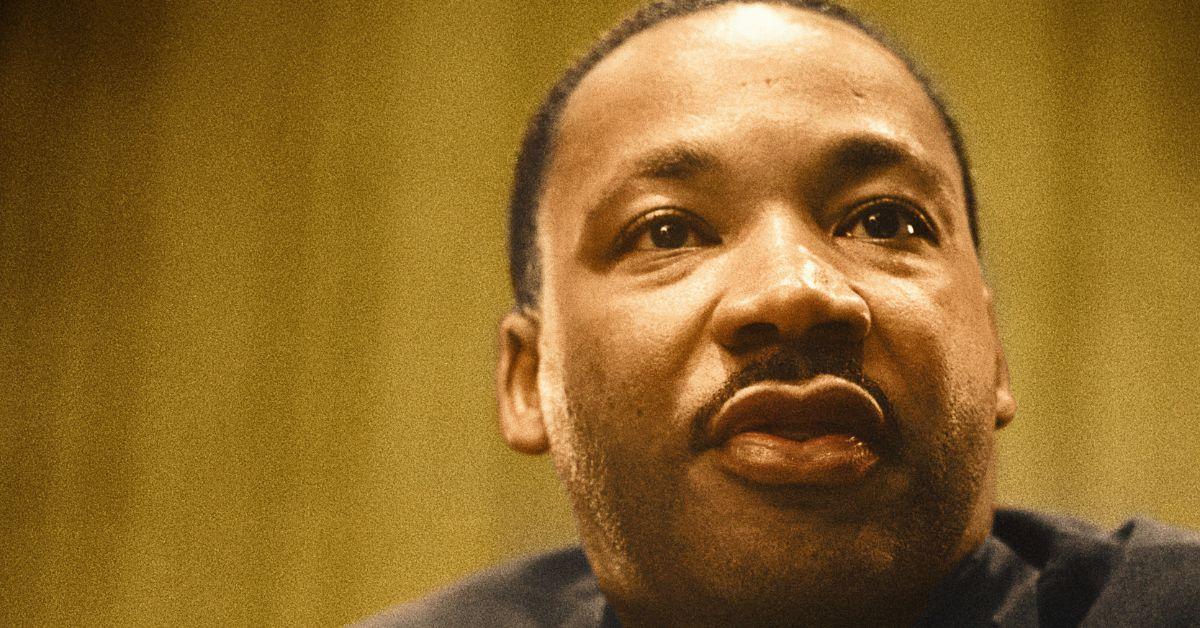Martin Luther King Jr. Childhood: The Early Life That Shaped the Leader
Martin Luther King Jr.’s childhood was filled with love, challenges, and the experiences that shaped his fight for justice and equality.
Published Jan. 20 2025, 7:00 a.m. ET
Before Martin Luther King Jr. led marches, gave speeches, and peacefully fought to change the world, he was just a kid navigating life in the segregated South. His early years were a mix of love, faith, and moments that showed him how unfair the world could be. It’s safe to say those experiences shaped everything he stood for later in life.
So, what was Martin Luther King Jr.’s childhood really like? Let’s take a closer look at the highs, the lows, and everything in between.
What was Martin Luther King Jr.’s childhood really like?
Martin Luther King Jr. was born Michael King Jr. on Jan. 15, 1929, in Atlanta, Ga. Wait, Michael? Yep, you read that right. His father, Martin Luther King Sr., originally named his son after himself, but a life-changing trip to Germany inspired him to change both their names to honor Protestant reformer Martin Luther. The name stuck, and history was made.
Growing up, young Martin — or Michael, in his earliest days — was part of a loving, close-knit family. His dad was a minister, his mom was a teacher, and both were determined to give their kids a strong foundation rooted in faith, education, and resilience. But outside their home, things weren’t so rosy.
In his autobiography, he wrote “I have a marvelous mother and father. I think that my strong determination for justice comes from the very strong, dynamic personality of my father, and I would hope that the gentle aspect comes from a mother who is very gentle and sweet.”

Martin Luther King Jr.'s childhood home
Martin's parents were the backbone of his childhood. His father was a minister who wasn’t afraid to speak out against injustice. Watching his dad lead by example taught Martin Luther King Jr. the power of standing up for what’s right, even when it’s hard. When a police officer stopped Martin Luther Sr. and referred to him as “boy," according to Church Growth Magazine, he didn’t hesitate to speak up. “This is a boy. I'm a man, and until you call me one, I will not listen to you.”
At just 6 years old, Martin learned the hard way how racism could break friendships. A white friend’s parents told their son he couldn’t play with him anymore because of his skin color. That moment didn’t just sting, it became a defining moment for Martin. According to his autobiography, that was the first moment he was aware of the race problem that surrounded him.
He wrote, “From that moment on I was determined to hate every white person. As I grew older and older this feeling continued to grow.” But how does the peaceful, nonviolent activist emerge from those feelings? In the same autobiography, he said it was his parents who constantly reminded him it was his Christian duty to love everyone, and they led by example while also standing up for their rights.
How did Martin Luther King Jr.’s education shape his future?
Martin was a brainiac. As Time Magazine reported, he skipped two grades and started college at 15. Let that sink in. Most of us were still figuring out how to pass geometry, and he was already at Morehouse College. But even before his college days, he was showing the world he was destined for greatness.
One of the first glimpses of his future came on April 13, 1944, when Martin gave his very first public speech as part of a high school competition. The topic? Per Stanford University, “The Negro and the Constitution.” At just 15, he was already tackling big issues, pointing out the glaring hypocrisy of a nation built on “liberty and justice for all” while denying basic rights to black Americans.
He won the competition, but the celebration was short-lived. On the bus ride home, Martin and his teacher were forced to stand so white passengers could have their seats. That moment wasn’t just frustrating — it was life-defining. It added fuel to the fire that would drive him to fight for change.
Martin’s childhood was a mix of love, lessons, and hard truths. It was the kind of upbringing that could have left anyone feeling defeated, but for him, it became the foundation for his fight for equality.
Understanding Martin's early years isn’t just about learning where he came from, it’s about seeing how the challenges and values of his youth shaped one of the most iconic leaders in history. His story is proof that even in the face of injustice, resilience and purpose can spark a movement that changes the world.

